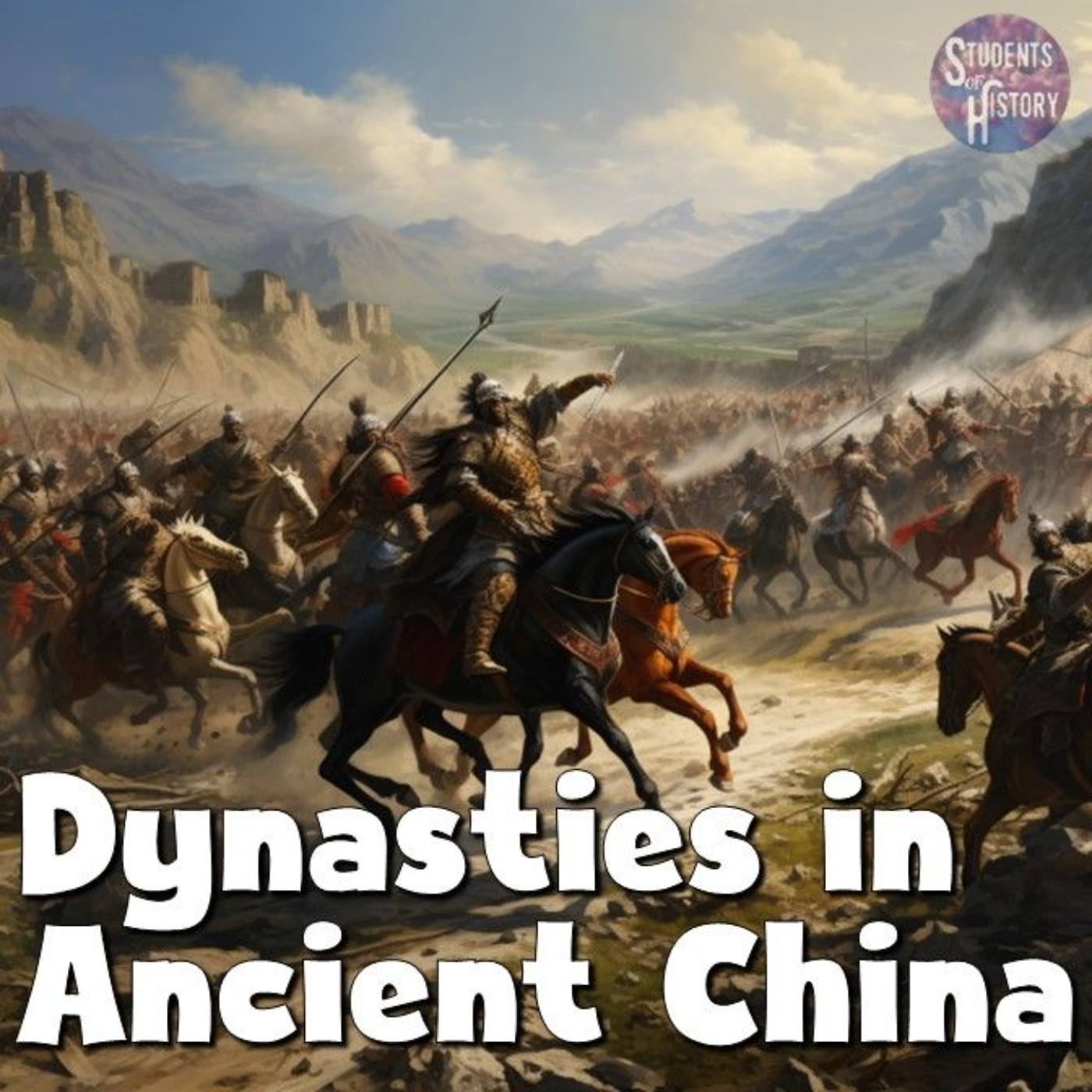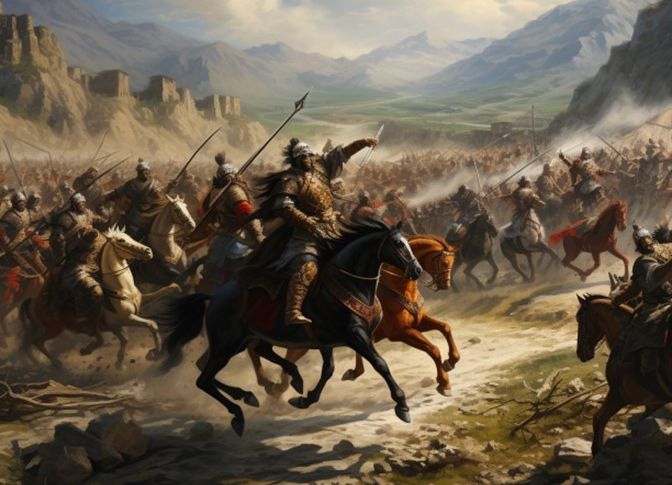The Dynasties of Ancient China

The Dynastic Cycle is used to describe the rise and fall of the early powerful dynasties in China. These were the Shang, Zhou, Qin, and Han Dynasties.
Historians do not fully agree with the beginning of the Shang dynasty, but it is believed that they ruled from around 1760-1046 BCE and had thirty emperors. They had many advancements during their rule.
They are credited with developing the first Chinese writing system found on oracle bones that they would use to tell the future. The Shang’s great power was attributed to the use of bronze metallurgy to make weapons that aided them in taking over the previous Xia dynasty.
The Shang dynasty maintained control over the bronze trade and did not allow others to gain access to this market. This dynasty was primarily under military rule and may have had over 10,000 troops.
The Zhou dynasty reigned from 1046-256 BCE and established The Mandate of Heaven, a belief that a ruler’s authority came from a higher power and could also be taken away if he acted unjustly. The Zhou Dynasty was large and relied upon a decentralized administration and feudal system. It came to an end however, when individual states became too strong as a result of this decentralization. This led to the beginning of The Warring States Period.
The Warring States Period began in 475 BCE and ended with in 221 BCE. Advancement in the use of iron technology for tools and weapons changed the face of war and organized armies with cavalry and masses of infantry became more common.
During this period the two major philosophies of Confucianism and Taoism were created. The great literary works of these philosophies became the basis for later Chinese religious and social belief systems.

The Qin dynasty only ruled from 221-206 BCE, but contributed many achievements to Chinese history. The emperor Qin Shi Huangdi created a strict government with standardized laws, currencies, weights, and measures. This united the country and greatly improved internal trade.
To protect the empire, he ordered the building of The Great Wall of China. Emperor Shi Huangdi maintained tight control over thought and ideas in China and distrusted learning and academics. He ordered 460 scholars to be buried alive and required the burning of all literary, ethical, and history books.
The Han Dynasty ruled from 206 BCE-220 CE. It is sometimes referred to as the Golden Age of China. Under Han Wudi, the Han dynasty conquered Vietnam and Korea and fought off the Northern nomadic people of Xiongnu. The Han were great inventors creating items like paper, iron casting, and agricultural techniques such as crop rotation. The empire became rich from establishing trade on The Silk Road. They traded valuable goods such as iron, silk and paper.